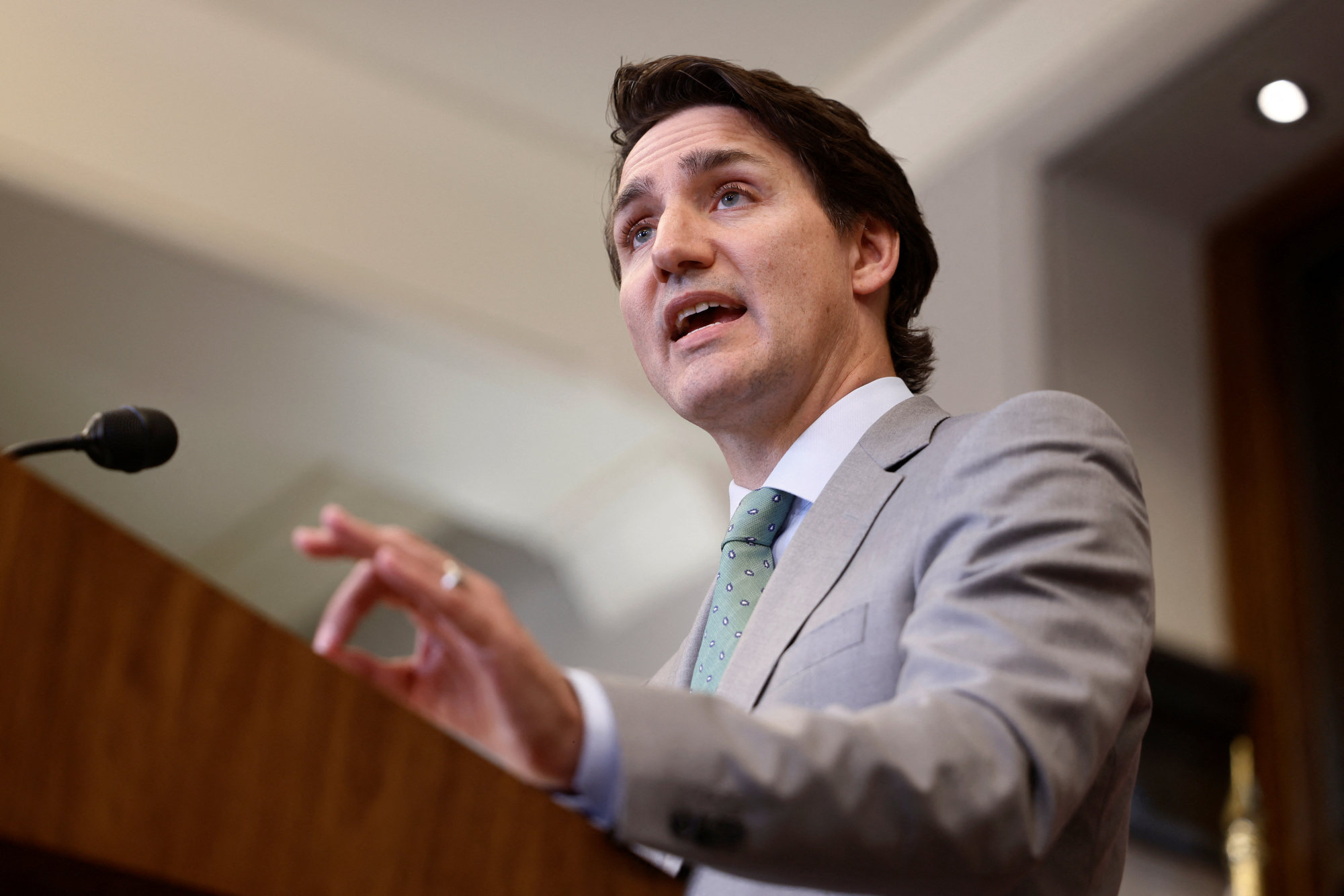As more nations oppose China, how seriously does the world take Beijing?
South China Morning Post has published an article claiming that countries are standing up to China or de-risking, some making moves they would never try with the US. Caliber.Az reprints the article.
The Lithuanians do not want Chinese smartphones. The Canadians expelled a Chinese diplomat. The Swiss want to romance Taipei. The Italians want to ditch the Belt and Road Initiative.
Across the globe, nations are unsheathing their swords against China. They are standing up to Beijing, decoupling or – as the new catchphrase goes – de-risking to ensure their future is not reliant on being in China’s good graces.
All of this is taking place before China ascends to the level of global superpower, a stage currently occupied by only the United States.
This aggressive behaviour from nations does not bode well for Beijing. Across the globe, governments are willing to take steps against the world’s second-largest economy that they dared not take against Washington. Does the world view China differently? Does China have gravitas in the eyes of other nations? Is China a serious power?
This is a question that China, more than anyone else, must ask itself. It is Beijing, who has to accept the writing on the wall, to change the status quo.
Take Canada. In less than one week, Canada reversed decades of friendly foreign policy towards Beijing.
It’s not just the expelling of a Chinese diplomat, or Canada shrugging off warnings that China will retaliate economically, or the “list” Ottawa is reportedly creating of foreign laboratories and universities that Canadian institutions cannot work with, a move seen as targeted at China.

Recently, it was reported that Canada is seeking to join Aukus, the defence bloc made up of the US, Australia and Britain – a group established to rival China in the Indo-Pacific. Arguably, this would be Canada’s boldest foreign policy move in a long time.
Canada is embarking on a new geopolitical direction, joining its Western allies in confronting China, picking a side. The last “holdouts” in the West, such as Canada and New Zealand, seem to be turning hostile to, or at least willing to take a tougher line on, China.
Whether Aukus lets Canada in or Canada’s moves have any real impact on China is not important. A “China rethink” has taken hold in Ottawa. How does China stop this from snowballing globally? Who will be next?
Even today, as pillars of American power, like the global dominance of the US dollar, are being questioned, has any country prepared a list of hostile entities in the US that their educational institutions cannot work with? This would cross a red line. And that’s the point. Nations fear the US in a way that they do not fear China.
It is a similar story in Europe, where Germany’s chancellor recently used the term “triad” to describe Europe’s relationship with China, which it sees as a partner, competitor and systemic rival. It points to the new sentiment in Europe’s power centres – China is more of a competitor and a rival than a friend.
Provocative moves by European nations include Belgium proposing the European Commission consider a Chips Act for pharmaceuticals to reduce reliance on China for medicines, and Italy mulling an exit from the Belt and Road Initiative, which would be a massive loss of face for China.
This represents a strategic challenge for China. The Chinese never developed a playbook for magnetism or how to keep nations “hooked”.
Of course, the country doing the biggest questioning of China’s capacity to mount a serious response is the US. The idea of blocking US investment in certain Chinese industries, such as advanced chip production, or linking Saudi Arabia with I2U2, the bloc made up of Israel, India, the United Arab Emirates and the US, points to the new de-risking mantra guiding geopolitics in Washington, where strategic areas and nations are being cordoned off from Beijing, even if complete decoupling of the West from China is not occurring.
It used to be that economics trumped geopolitics. But as “vertical” globalisation – the emergence of geopolitical blocs characterised by tech walls and barriers – accelerates the reverse is happening.
Many nations are putting politics and ideology first, ready to wrestle with Beijing, when they would never have even got into the ring with the US. It is not just the US’ allies thinking this way. Mexico is working on a lithium alliance with Argentina, Bolivia and Chile, but has refused to diversify the country’s foreign currency reserves away from the dollar.
The onus is on China to change how the world thinks. The latest salvo from Beijing, to cut US chip maker Micron Technology out of the Chinese market, is a sign that China is not backing away from this challenge.
Customers in mainland China and Hong Kong account for around 16 per cent Micron’s revenue, compared to over 60 per cent of that of Qualcomm Inc, another US chip maker. This indicates that Beijing’s move against Micron was actually an indirect message: China still has plenty of ways to turn up the heat on the US.
Except this undertaking by China to be seen as a “serious power” could force Beijing to act radically, like fighting a war in the region or taking “nuclear” economic steps. When the world is already unstable because of the war in Ukraine, any bold moves by China could have adverse repercussions globally.
For years, questions about China revolved around whether it is a developed or developing nation, and how much of a responsible stakeholder Beijing is. These questions, while important, have missed the mark. The most important question is how seriously the world takes China. Because the answer to this defines exactly what Beijing can do in the world – and how the rest of the world behaves.








